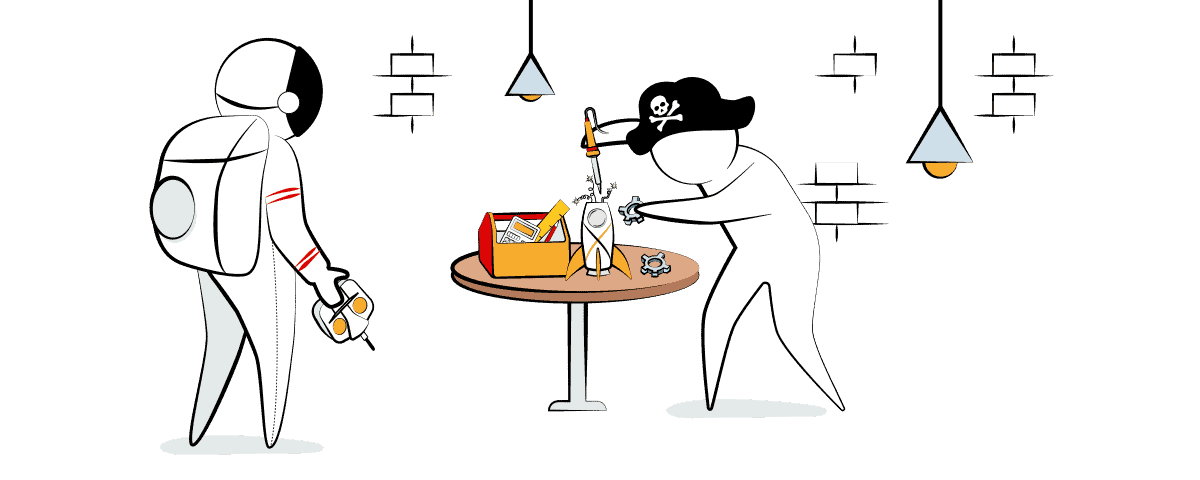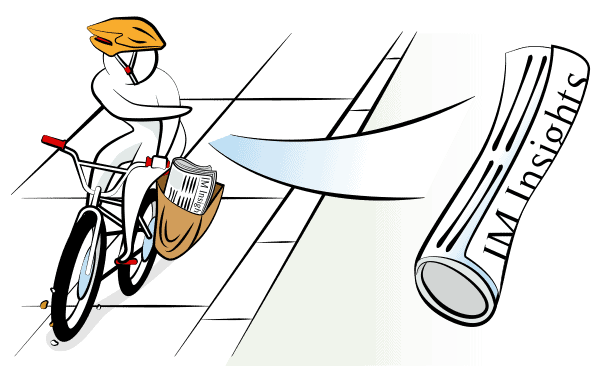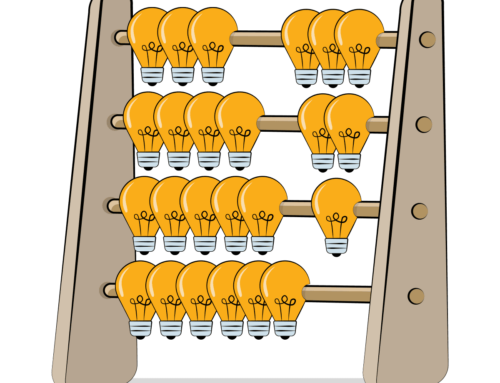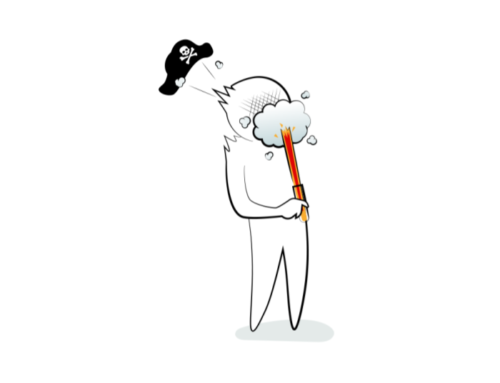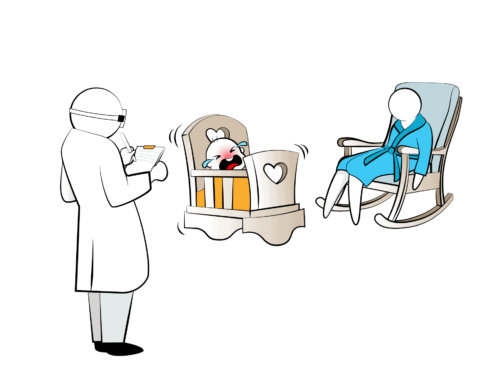Fiction and Innovation Management
Where do the dollars go – which ideas get the dosh? Who’s innovation project wins the funds? And more importantly why?
The reality is, that in most cases the best storytellers win. The writers and the great politicians, those are not always the ones with the best ideas.
This approach is inherently problematic and contributes to the high failure rates encountered by startups and corporate innovation. This leads to the inevitable question: Why is this so? One factor may be the unique human ability (sometimes curse) to believe in a good story. Understanding the potential and danger that lies in this, is the first step in learning how we can manage it.

Storytelling and Innovation
Industry and enterprise need to adopt and develop new sustainable business models with ever increasing speed. The expected lifetime of their current business model is increasingly uncertain but it doesn’t even come close to the uncertainty of exploring a new one that can be at least as lucrative. This is the environment where innovators explore and operate – this is what they need resources for.
The business case is the central pillar for large organisations to determine funding for any new project. To generate the needed financial model, assumptions are made and these in turn result in input metrics.
Here is the kicker: when the plan is pitched, those assumptions are delivered as if they were facts. The objective being to overcome doubt in the room, turning scepticism into enthusiasm.
The rise of Lean Startup, HDC and Agile shows how many people and organisations are seeking new approaches to confront this problem. Much has been learned about how to manage uncertain projects. See below for a preliminary list of strategies.
But how far have we really come? Why is it that a very well delivered pitch ‘supported’ by fictitious spreadsheets (numerical novels) override poor evidence? Is it more than politics? Is it more than the fact that standard financial tools are not sufficient in dealing with innovation projects?
Why is it that well delivered stories are so powerful that they can override any rationale?
Yuval Noah Harari’s book ‘Sapiens: A Brief History of Humankind’ sheds some light on the situation.
Is the way we Manage Innovation stuck in 70,000 BCE?
According to Harari, human history is divided into four phases:
- The Cognitive Revolution (c. 70,000 BCE, when Sapiens evolved imagination).
- The Agricultural Revolution (c. 12,000 BCE, the development of farming).
- The Unification of Humankind (the gradual consolidation of human political organisations towards one global empire).
- The Scientific Revolution (c. 1500 CE, the emergence of objective science).
Harari argues that the ability of humans to cooperate in large numbers arises from their unique ability to believe in things that exist purely in the imagination.
Examples are gods, nations, money and human rights. Harari claims that all large-scale human cooperative systems — including religions, political structures, trade networks and legal institutions — owe their emergence to peoples distinctive cognitive capacity for fiction, developed during the Cognitive Revolution. This ability is what made humans so ‘successful’ in taking over the world.
The latter three revolutions aside, one could say the way we manage innovation is stuck in the first phase. Put simply – we do not rely enough on the scientific principles developed in phase four.
Let’s return to the question: Who gets the funding? It’s the storytellers, those that work their fictitious magic with strong opinions, persuasive voices and slick presentation skills; those who can rally support regardless of data paucity.
Sadly those who clearly state the known unknowns or assumptions, those who make science their yardstick saying ‘I don’t know or I am not sure but I want to find out the truth’ rarely get the hearing they deserve. Of course, many aspects of our world today couldn’t be more influenced by science including the technologies promoted in one of these pitches. It is the way we invest and manage innovation that seems to be insufficiently grounded in the scientific method.
Harari says that “telling effective stories is not easy. The difficulty lies not in telling the story, but in convincing everyone else to believe it. Much of history revolves around this question: how does one convince millions of people to believe particular stories about gods, or nations, or limited liability companies? Yet when one succeeds, it gives Sapiens immense power, because it enables millions of strangers to cooperate and work towards common goals.”
Innovation Management and the Fourth Revolution
The news is not all bad – the ability to believe in fiction is important. It helps us to imagine, communicate and work towards a vision. It enables us to challenge the status quo, which is desirable.
It is just hard to know which idea will turn out to be the best one and some have negative consequences beyond simply losing the investment. No one can say for sure how much impact or return a startup will have many years into the future, but this does not mean that it cannot be managed or that we cannot make reasonable predictions based on better maths and science.
An incomplete list of principles for an effective innovation ecosystem that battles innovation theatre is outlined below.
1. Test the Riskiest Assumption First
Intuitively, nobody wants to face the hardest part of an idea first but it is surely the best way to ascertain early if an idea has legs and how much is fiction.
2. Develop Clear Learning Goals
Understanding assumptions and developing learning goals go hand in hand in determining the right activity for an innovation team and effectively holding them accountable.
3. Use Innovation Accounting
Innovation accounting is better equipped to quantify uncertainty, estimate the most likely outcome and to track progress of an innovation project. It allows for new insight to be fed back into the model with ease and makes it harder to be convinced by something that doesn’t exist. Combined with an experienced growth board, this will make wasting large amounts of investment a lot less likely and increase the odds of success significantly.
4. Learn about Biases
People are subject to many biases and they really matter when it comes to battling fiction. The ability to identify them is therefore a great hedge. Many innovators have probably heard about ‘confirmation bias but there are a lot more relevant ones.
5. Improve Experiment Design
Make sure the experiment design is sound. Have a clear and falsifiable hypothesis. Start somewhere but strive to get it right. Be prepared – sometimes an experiment does not in fact measure what it is supposed to. For instance, customers might simply not understand the value proposition when you are testing market demand.
6. Do the Failure Thing Right
Eric Ries says: ‘…failing with honour is a skill and it takes advantage of the most important message of the scientific method. If you can’t fail, you can’t learn’. Employees should not get punished for failing in the right way. They should be rewarded.
The ability to believe in fiction is powerful and can make us receptive to any well delivered story. This more than anything highlights that we indeed need a system, a management framework, that takes advantage of the fourth revolution mentioned by Harari – the Scientific Revolution.
Lessons Learned
- The ability to tell an effective story can override any objective data
- Innovation Management needs to incorporate scientific principles
- The term innovation is morally neutral
Special thanks to Christopher Karvountzis for reviewing and giving feedback on this post.
RELATED INNOVATION WORKSHOPS & TRAINING
